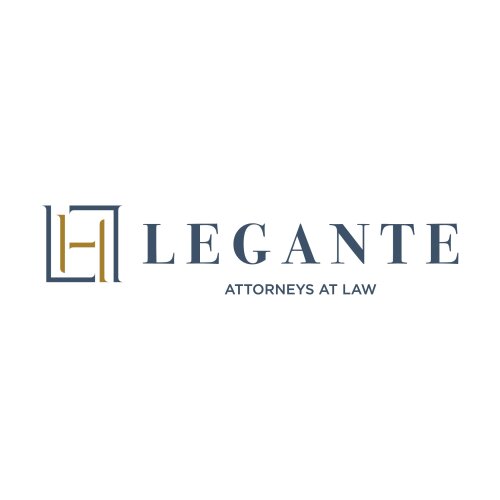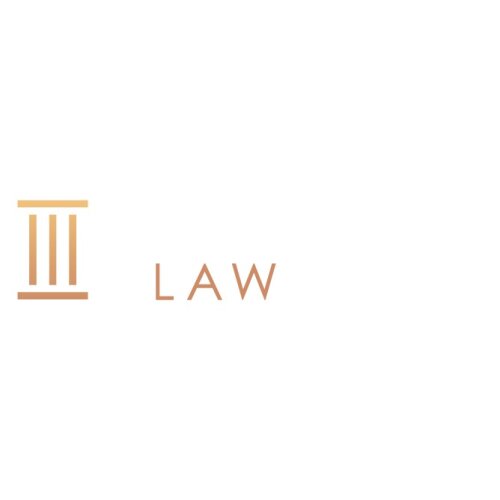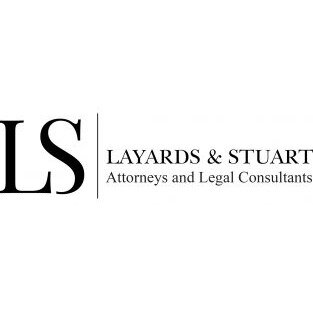Best Legal Document Lawyers in Sri Lanka
Share your needs with us, get contacted by law firms.
Free. Takes 2 min.
Or refine your search by selecting a city:
List of the best lawyers in Sri Lanka
About Legal Document Law in Sri Lanka
In Sri Lanka, legal documents serve as official records that encompass various types of agreements, transactions, and statements with legal significance. These may include wills, deeds, affidavits, contracts, and other official papers. The formulation and execution of legal documents are governed by the laws and regulations established to ensure their validity and enforcement. The Notaries Ordinance, the Registration of Documents Ordinance, and the Civil Procedure Code are some of the pivotal legislative acts that regulate the creation, registration, and use of these documents within the legal framework of Sri Lanka.
Why You May Need a Lawyer
Several situations can necessitate the need for legal assistance in preparing or handling legal documents in Sri Lanka:
Drafting of Legal Documents: Lawyers can help in drafting accurate and legally sound documents such as contracts, wills, and property deeds.
Complex Transactions: For transactions like buying or selling property, legal advice ensures all documentation is in order to prevent future disputes.
Dispute Resolution: In cases where there is a dispute over a legal document, an attorney can help mediate or represent parties in court.
Legal Compliance: Ensuring that documents meet all regulatory requirements and standards can prevent legal issues down the road.
Estate Planning and Execution: Lawyers can assist with creating wills and managing estate matters to ensure the smooth transfer of assets to beneficiaries.
Local Laws Overview
Legal document law in Sri Lanka encompasses several key areas, including:
Notaries Ordinance: This law regulates the appointment and duties of notaries public who oversee the signing and witnessing of various legal documents.
Registration of Documents Ordinance: Outlines the requirements for registering certain types of documents, which can affect their enforceability, such as property deeds.
Stamp Duty Act: This act mandates the payment of stamp duty on certain legal documents to render them legally binding.
Civil Procedure Code: Provides the procedures for civil litigation in Sri Lanka, including those involving disputes over legal documents.
Frequently Asked Questions
What is the role of a notary public in Sri Lanka?
Notaries public in Sri Lanka authenticate signatures and certify documents to ensure their legality and authenticity for official use.
Do all legal documents need to be stamped?
Only certain types of legal documents are required to be stamped as per the Stamp Duty Act, and the amount depends on the nature of the document.
How can I ensure my will is legally valid?
To ensure a will is legally binding, it must be written, signed by the testator, witnessed by two individuals, and preferably registered with a notary public.
What are the consequences of not registering a property deed?
Failing to register a property deed can affect its enforceability against third parties, potentially leading to disputes over ownership.
Can a legal document signed overseas be used in Sri Lanka?
Documents signed overseas often require authentication, such as an apostille or certification by Sri Lankan consulate, to be valid in Sri Lanka.
What is the process for updating a legal document?
Updating a legal document usually involves executing a new document or amendment, which should be drafted and verified by a legal professional.
Is electronic signing of documents legally recognized?
Electronic signatures are increasingly recognized in Sri Lanka under the Electronic Transactions Act, but certain documents still require physical signatures.
How can I challenge the validity of a legal document?
To challenge a document's validity, one may file a case in court, and it is advisable to seek legal counsel to evaluate grounds for such a challenge.
Can I create my own legal document without a lawyer?
While it's possible to draft your own documents, legal advice is recommended to ensure they comply with applicable laws and are enforceable.
What happens if there is a mistake in a legal document?
Mistakes in legal documents may require formal correction through an amendment or court intervention, depending on the document's nature.
Additional Resources
For further assistance, consider reaching out to the following resources:
Ministry of Justice: Provides information on legal procedures and regulations.
Bar Association of Sri Lanka: Offers resources for legal professionals and the public seeking legal advice.
Legal Aid Commission of Sri Lanka: Provides free legal services for those unable to afford private legal assistance.
Next Steps
If you require legal assistance with a legal document, consider taking the following steps:
1. Identify the Type of Assistance Needed: Determine whether you need help drafting, reviewing, or disputing a document.
2. Consult a Lawyer: Seek professional legal advice to ensure your document meets legal standards and addresses your specific needs.
3. Contact Relevant Authorities: For specific document processing, you might need to approach a notary public or the relevant registration authority.
4. Gather Necessary Documentation: Collect all essential documents and information to expedite the legal process.
5. Follow Legal Procedures: Adhere to the required procedures for signing, sealing, or registering documents to ensure their legitimacy.
Lawzana helps you find the best lawyers and law firms in Sri Lanka through a curated and pre-screened list of qualified legal professionals. Our platform offers rankings and detailed profiles of attorneys and law firms, allowing you to compare based on practice areas, including Legal Document, experience, and client feedback.
Each profile includes a description of the firm's areas of practice, client reviews, team members and partners, year of establishment, spoken languages, office locations, contact information, social media presence, and any published articles or resources. Most firms on our platform speak English and are experienced in both local and international legal matters.
Get a quote from top-rated law firms in Sri Lanka — quickly, securely, and without unnecessary hassle.
Disclaimer:
The information provided on this page is for general informational purposes only and does not constitute legal advice. While we strive to ensure the accuracy and relevance of the content, legal information may change over time, and interpretations of the law can vary. You should always consult with a qualified legal professional for advice specific to your situation.
We disclaim all liability for actions taken or not taken based on the content of this page. If you believe any information is incorrect or outdated, please contact us, and we will review and update it where appropriate.
Browse legal document law firms by city in Sri Lanka
Refine your search by selecting a city.

















